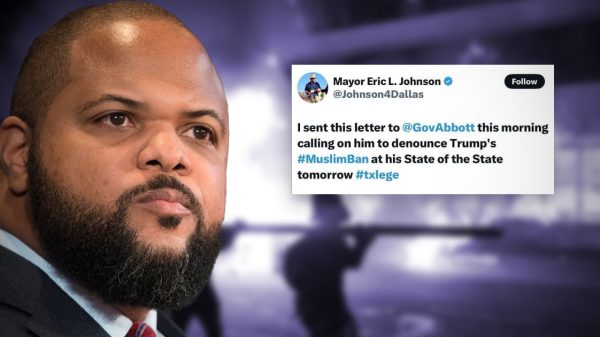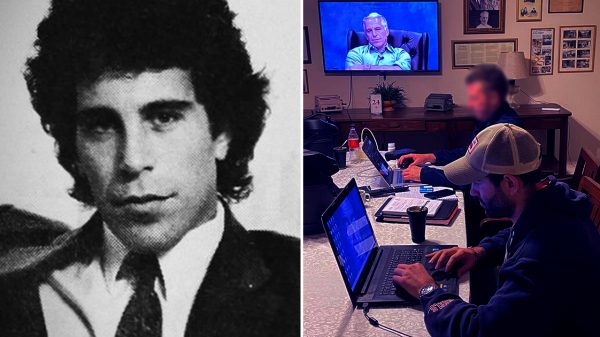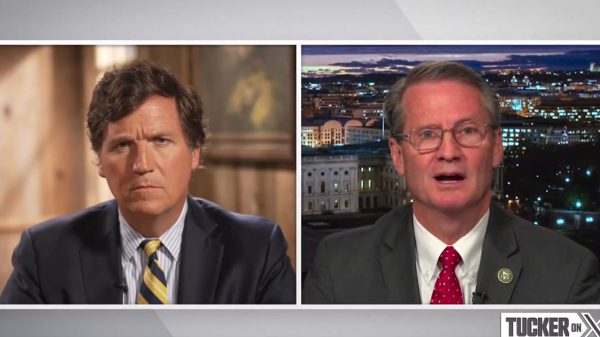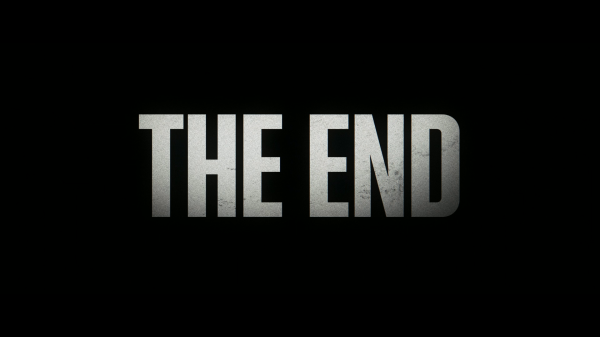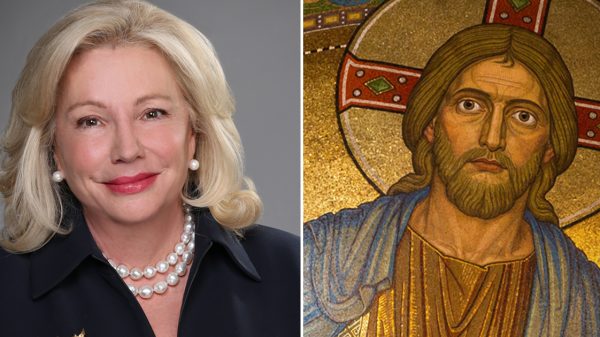Justice Clarence Thomas dissented in the Supreme Court’s dismissal of a case against the SPLC, suggesting that it should be easier to sue media outlets and groups like the SPLC for defamation.
On Monday, the Supreme Court rejected a case from Coral Ridge Ministries, a Christian nonprofit media group who sued the leftist SPLC for placing them on their “hate group” watchlist. Coral Ridge Ministries had sued the group for defamation, as it led Amazon to remove them from their Smile program, which would have allowed shoppers to donate to them via the platform.
In amicus curiae briefs, a number of other Christian and conservative organisations argued that not only did the SPLC defame Coral Ridge Ministries, but also placed them in danger, highlighting that at least one group, the Family Research Council, was targeted by a leftist gunman who chose them specifically because the SPLC had labelled them as a hate group.
The objection from the Supreme Court rested on the idea of “actual malice,” the standard of defamation created by the 1964 SCOTUS case, New York Times v. Sullivan, which meant that “public figures” had to not only prove any statements from the defendants were not only false, but were made maliciously.
Justice Clarence Thomas dissented from the dismissal, and instead argued that the “actual malice” standard in cases of defamation should be revisisted, meaning that it would be much harder for groups like the SPLC or media “to cast false aspersions on public figures with near impunity”:
“SPLC’s ‘hate group’ designation lumped Coral Ridge’s Christian ministry with groups like the Ku Klux Klan and Neo-Nazis. It placed Coral Ridge on an interactive, online ‘Hate Map’ and caused Coral Ridge concrete financial injury by excluding it from the AmazonSmile donation program. Nonetheless, unable to satisfy the ‘almost impossible’ actual-malice standard this Court has imposed, Coral Ridge could not hold SPLC to account for what it maintains is a blatant falsehood.”
Thomas argued that “because the Court should not ‘insulate those who perpetrate lies from traditional remedies like libel suits,’ unless ‘ the First amendment requires us to do so,” the dismissal should not have gone ahead.
This is not the first time that Thomas has suggested that defamation standards should be revisited, having argued as such in 2021, in a dissent that Justice Neil Gorsuch joined him on. Liberal Justice Elena Kagan had also criticised the New York Times v. Sullivan decision in a 1993 book review.



